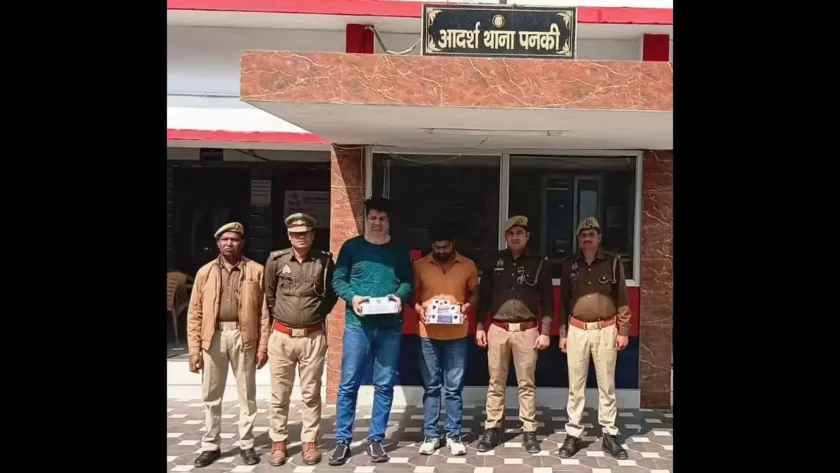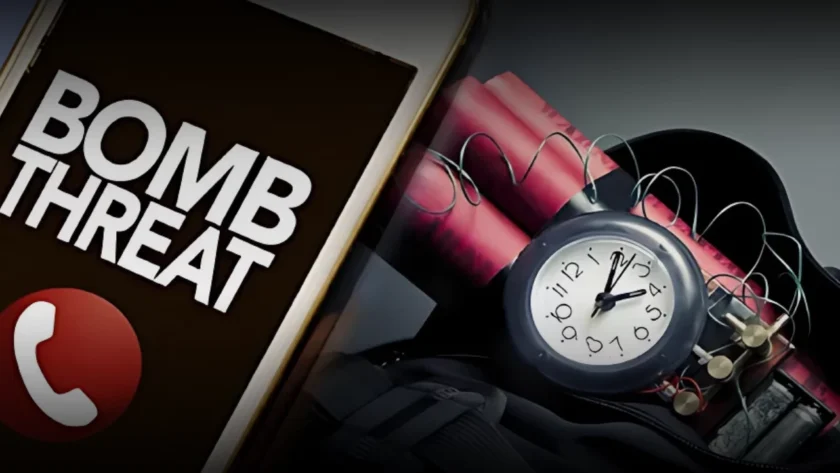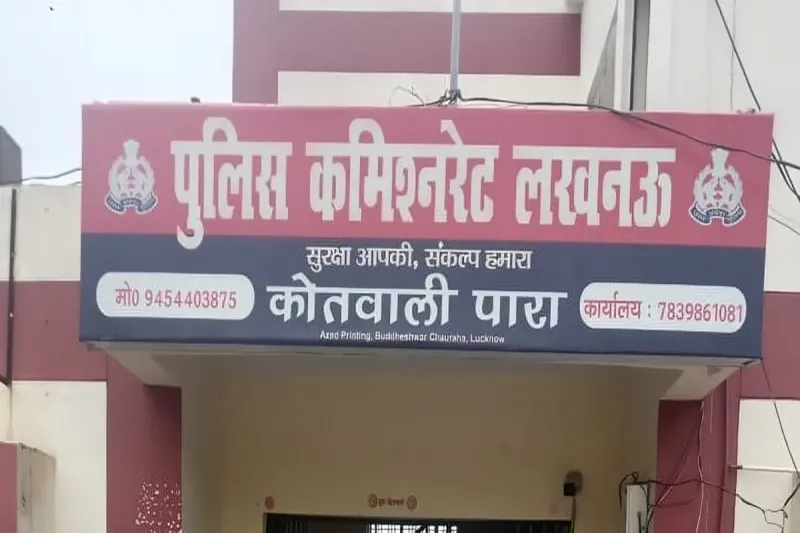Post Views: 208
Lucknow: The Lucknow Police, known for maintaining law and order in one of India’s fastest-growing cities, has made commendable strides in recent years. However, challenges persist in terms of systemic inefficiencies, resource allocation, and public trust. Addressing these issues requires a comprehensive overhaul in strategy, structure, and operational processes. Here are the key areas where improvements are needed and actionable suggestions for fostering a more robust and citizen-centric police force.
1. Enhancing Public Trust and Transparency
Current Challenges
- Public perception of police inefficiency or corruption in some cases.
- Lack of consistent communication with communities leading to distrust.
- Insufficient handling of public grievances.
Recommendations
- Citizen Outreach Programs: Organize regular public meetings where citizens can interact directly with senior police officials to voice their concerns and suggest improvements.
- Transparent Complaint Mechanisms: Create accessible platforms for lodging complaints, such as a well-maintained online portal and dedicated helplines. Ensure that complaints are tracked, investigated, and resolved in a timely manner.
- Accountability Measures: Introduce an internal vigilance cell to monitor officer performance and investigate complaints against misconduct.
2. Upgrading Infrastructure and Resources
Current Challenges
- Many police stations are under-equipped, leading to inefficiency.
- Limited forensic and technological resources hinder timely investigations.
- Overburdened personnel working with inadequate tools.
Recommendations
- Modernizing Police Stations: Upgrade facilities with high-speed internet, integrated case management systems, and comfortable spaces for public interaction.
- State-of-the-Art Equipment: Equip officers with advanced tools like body cameras, GPS-enabled patrol vehicles, and digital evidence management systems.
- Increased Funding for Forensics: Establish additional forensic labs in Lucknow to expedite evidence analysis, reducing reliance on labs in other cities.
3. Expanding and Improving Training
Current Challenges
- Training programs often focus on traditional methods rather than modern, tech-driven policing.
- Limited specialization in areas like cybercrime, counterterrorism, and behavioral analysis.
Recommendations
- Continuous Professional Development: Mandate regular refresher courses for officers, focusing on the latest investigative techniques, legal frameworks, and technology.
- Specialized Units: Train dedicated teams to handle cybercrime, financial fraud, and other emerging threats.
- Diversity and Sensitivity Training: Include modules on gender sensitization, child protection, and mental health to ensure empathetic policing.
4. Tackling Manpower Shortage
Current Challenges
- High workload due to inadequate staffing.
- Officers stretched thin between administrative duties and fieldwork.
Recommendations
- Recruitment Drives: Increase hiring to ensure a healthier police-to-population ratio, which is currently below the global standard.
- Redistribution of Duties: Delegate administrative tasks to civilian staff, allowing officers to focus on law enforcement.
- Incentivizing Retention: Offer competitive salaries, housing benefits, and career progression opportunities to attract and retain talent.
5. Leveraging Technology
Current Challenges
- Limited use of data analytics and artificial intelligence (AI) in crime prevention.
- Insufficient integration of technology for surveillance and investigations.
Recommendations
- Predictive Policing Tools: Use AI-driven analytics to identify crime hotspots and deploy resources accordingly.
- Enhanced Surveillance Systems: Expand the city’s CCTV network and integrate it with a centralized command center for real-time monitoring.
- Digital Case Management: Adopt systems that streamline case tracking, evidence documentation, and interdepartmental coordination.
6. Addressing Police Welfare
Current Challenges
- Long working hours leading to physical and mental exhaustion.
- Limited mental health support for officers dealing with high-stress situations.
Recommendations
- Fixed Duty Hours: Implement shifts to ensure that no officer works beyond the prescribed hours.
- Mental Health Programs: Provide counseling and stress management workshops, along with access to professional psychologists.
- Family Support Schemes: Introduce welfare programs for police families, such as health insurance and education support for children.
7. Strengthening Community Policing
Current Challenges
- Minimal engagement with local communities in crime prevention.
- Lack of neighborhood watch programs and other participatory initiatives.
Recommendations
- Beat Policing: Assign officers to specific neighborhoods, fostering familiarity and trust between police and residents.
- Youth Engagement Programs: Collaborate with schools and colleges to educate young people about crime prevention and legal awareness.
- Collaborative Initiatives: Partner with NGOs and resident welfare associations to address local issues like domestic violence, drug abuse, and petty crimes.
8. Improving Response Times
Current Challenges
- Delayed response to emergencies due to logistical bottlenecks.
- Lack of coordination between control rooms and field units.
Recommendations
- Integrated Control Room: Establish a unified control system with a toll-free emergency number, GPS-enabled tracking of patrol units, and real-time communication.
- Rapid Response Teams: Deploy specialized units equipped with fast vehicles and advanced gear to respond to critical situations promptly.
- Performance Metrics: Use technology to measure and optimize response times, rewarding efficient teams.
9. Addressing Gender Issues
Current Challenges
- Underrepresentation of women in the force.
- Inadequate training on handling gender-based crimes.
Recommendations
- Increased Recruitment of Women Officers: Ensure that women constitute a significant portion of the workforce, particularly in roles addressing crimes against women and children.
- Dedicated Cells for Women’s Safety: Establish more women’s help desks and deploy specialized teams to handle sensitive cases.
- Public Awareness Campaigns: Promote helplines and resources for victims of gender-based violence.
10. Building Robust Legal Coordination
Current Challenges
- Delays in prosecution due to weak evidence or incomplete documentation.
- Poor coordination between police and legal departments.
Recommendations
- Legal Training for Officers: Educate officers on preparing legally sound cases to minimize errors and delays in court.
- Early Involvement of Prosecutors: Collaborate with public prosecutors from the initial stages of investigation to ensure watertight cases.
- Standardized Reporting Templates: Develop uniform formats for FIRs, evidence logs, and case files to streamline legal processes.
Transforming the Lucknow Police into a more effective, citizen-friendly force requires sustained efforts across multiple dimensions. From addressing infrastructure gaps to fostering community relationships, the reforms should aim to build a modern, accountable, and compassionate police force. With strategic investments in technology, training, and welfare, the Lucknow Police can set a benchmark for urban policing in India and inspire trust among its citizens. By embracing these changes, they can ensure not only law and order but also justice and fairness for all.

---------------------------------------------------------------------------------------------------














